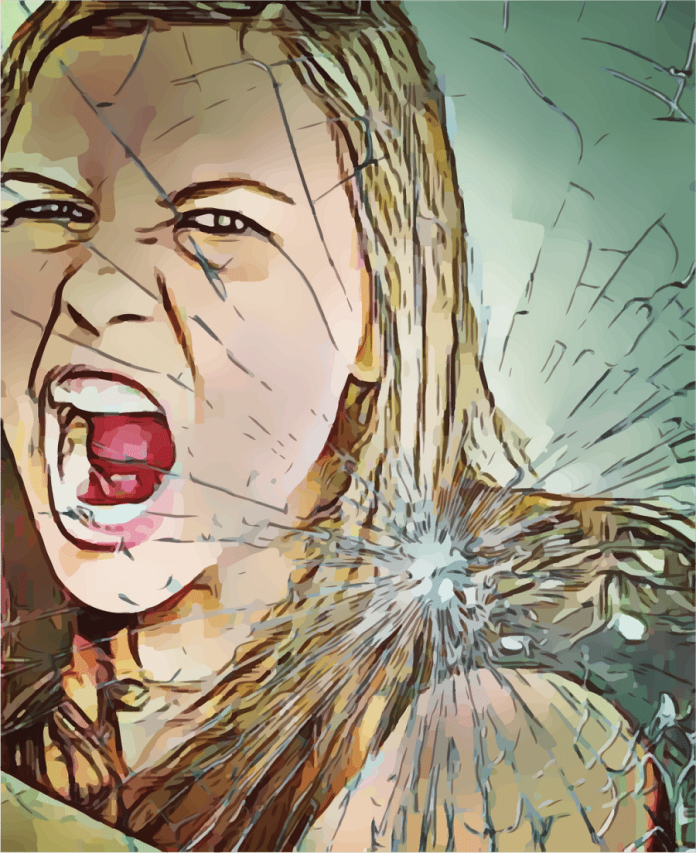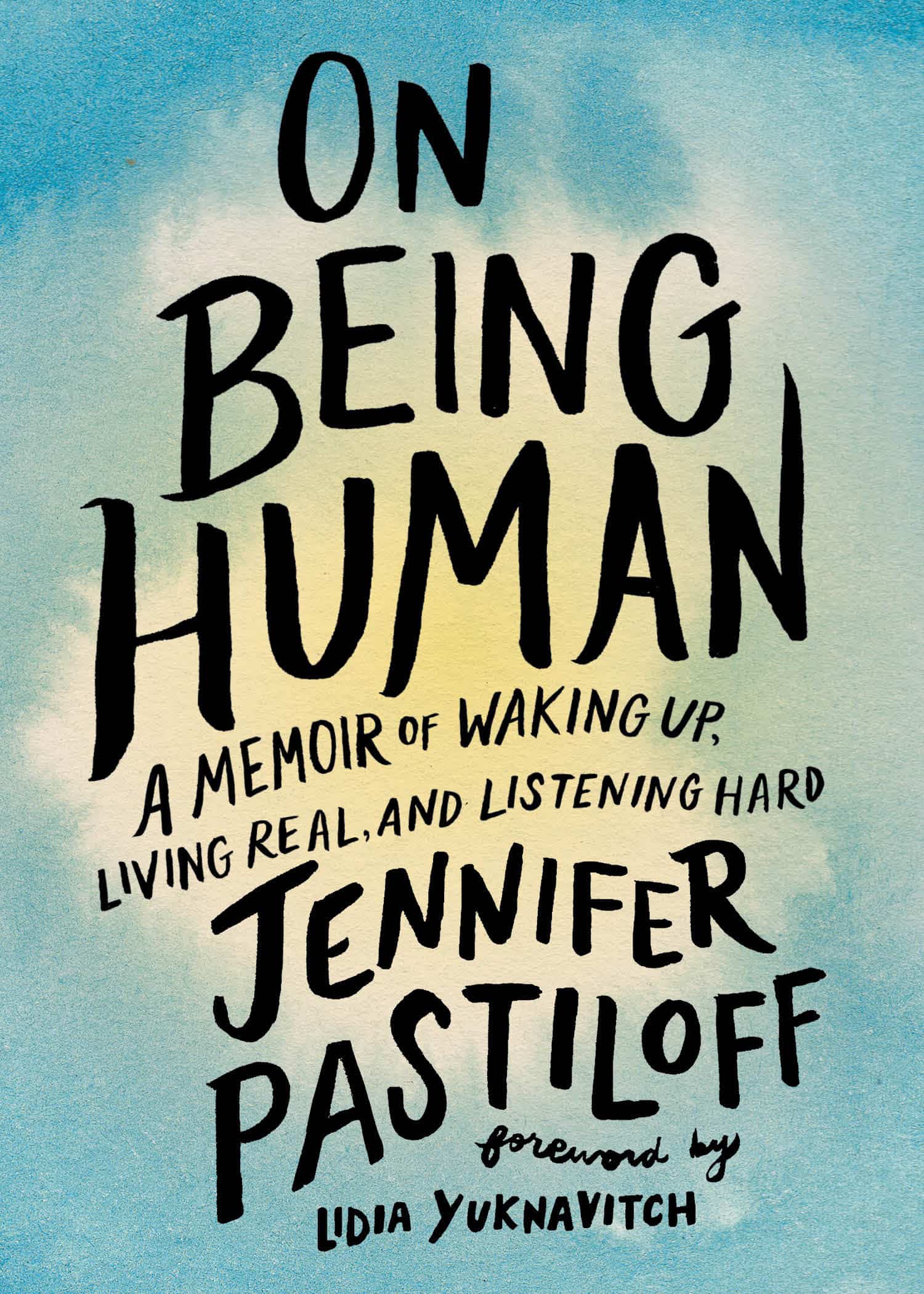Because I work and teach on domestic violence, people sometimes write to me unexpectedly with their own stories. They are usually women (though abuse does happen to men and non-binary folks too), and often they have questions about whether a partner’s behavior is abusive. Very often it is.
Sometimes these can be liberating stories. A woman once wrote to say that finally, after ten years of an abusive relationship, she had left, and her life had changed irrevocably. Food was more flavorsome, smells were more vivid, colors luminous, as if she had been imprisoned in grey world.
Other stories are less comforting. I spent a month writing back and forth with a friend on Facebook living in another country. Her abusive boyfriend had dumped her, except she wasn’t really dumped: it was more a test to see how much she would put up with before he took her back. We talked many times about working to forget him, and to create a new life. Then one day on Facebook, she posted a photograph of the two of them on vacation, relaxing at a beachfront hotel. She stopped writing to me then, and while I hope that she is happy, I can’t help thinking about what I could or should have done to help her.
I never blamed my friend on Facebook, but people do criticize victims who go back to abusive partners. I’ve even had students in class ask, Why don’t they just leave? Why don’t they help themselves? When I say, Fuck self-help, I’m not talking about people in general who try to better themselves. It’s a very specific “fuck you” to the isolation imposed on victims of intimate partner violence. It’s a “fuck you” to the demand that they leave, while the rest of us continue as if nothing happened.
When Rihanna continued to have a relationship with Chris Brown after he abused her, there was a palpable backlash, despite the fact that people were listening to his music again, and the media message demanded that she forgive him. If we don’t present real consequences for abusing intimate partners, then how is the victim who is exploited, manipulated, and controlled by that abuser supposed to let go? More often we punish victims for what is perceived as making a fuss, or for failing to move on.
I know how difficult it is to forget an abusive partner, because I had one. I was only eighteen, at university, not comfortable away from home, a ghost floating through an unfamiliar world. Every insecurity I had, he pinpointed, and exploited. It didn’t feel like abuse at first, more like having a perfect lover: protective, encouraging, passionate, strong. But how easily those words transform to controlling, manipulative, obsessive, violent.
Like my friend on Facebook, I too went travelling with my lover, at a time when the violence was ratcheting up. We were backpacking through Turkey, the dynamic between us tense at best. He accused me of wanting to leave him, and carry on the trip with a group of Australian men we talked to. One day, he pushed me up against the bathroom wall, and began to strangle me.
I only have one photograph of us on that trip, taken in Istanbul at the Topkapi Palace, where we spent the afternoon passing through the gates, between two fairy-tale spires, through gorgeous pavilions and corridors tiled in red and blue, leafed with gold. What surprises me about the photograph is how happy I look, basking in the glow of that charisma he had: how funny and theatrical he could be. I can’t help noticing his hand on my shoulder, fingers curled around at the base of the neck.
It was not long after that when we went to the Turkish Baths. The name was in gold over the narrow door, CAĞALOĞLU HAMAMI, and inside was an enclosed courtyard around a marble fountain, with floor upon floor of wooden doors in neat rows.
That evening we were allowed in together. Men and women are normally separated, but maybe they bent the rules for tourists. We lay there sweating almost naked together, until the giant of a masseur led me to the fountain. I sat still while he scaled the dead skin from my body with a huge mitt. For a moment, I caught my lover looking at me. I knew that he was feeling something tender, just as I did for him, when he sat like a child, and let the masseur do his work.
I wonder now if he felt that tenderness as weakness. Perhaps that was why the night ended with him punching me in the street in front of passers by. You mean nothing to me, nothing. I just don’t love you anymore. He was shaking me in the hotel lobby as we got onto the elevator. The man at the desk came up to our room to “check everything is OK,” and I told him nothing, but I promised myself it would be the last time.
When I went home, the university (especially my department) supported me, used emergency funds to move me into new accommodation, and we were kept in separate classes, but our mutual friends peeled away one by one. For them, it was too inconvenient, too awkward, or too uncomfortable to navigate the possibility of a friend – a funny, charismatic, talented friend – being an abuser. They didn’t respect my wishes, but brought him along with them to parties and events, or they just fell out of sight, and left me to struggle on my own.
We are very far away from restorative justice, and one reason is politeness: the desire not to interfere in other people’s relationships. In most cases, victims are deeply in love with their abusers, a love exacerbated by dependency, and by the exploitation of vulnerabilities. This is not weakness, but it is a dangerous situation for victims, and no simple self-help is adequate to solve the problem. Fuck self-help. They deserve more from us. And not just in the days following an escape, but a month later, six months later, a year later. Even if they go back. A door that stands open for as long as it takes.
Zoë Brigley Thompson, originally from Wales, is now Visiting Assistant Professor in English at the Ohio State University. She has two poetry collections The Secret (2007) and Conquest (2012), and her third poetry collection, Hand and Skull, will be published in the UK in 2019. She edited the volume Feminism, Literature, and Rape Narratives (2010). She is currently writing a collection of nonfiction essays: Notes From A Swing State. In the past year, her poems have been accepted by Chicago Review, Australian Book Review, Copper Nickel, The Moth, and Orion. She has published non-fiction in publications like The Manifest-Station, Motherhood: An Anthology, Planet, and Junction Box.
Jen’s book ON BEING HUMAN is available for pre-order here.

